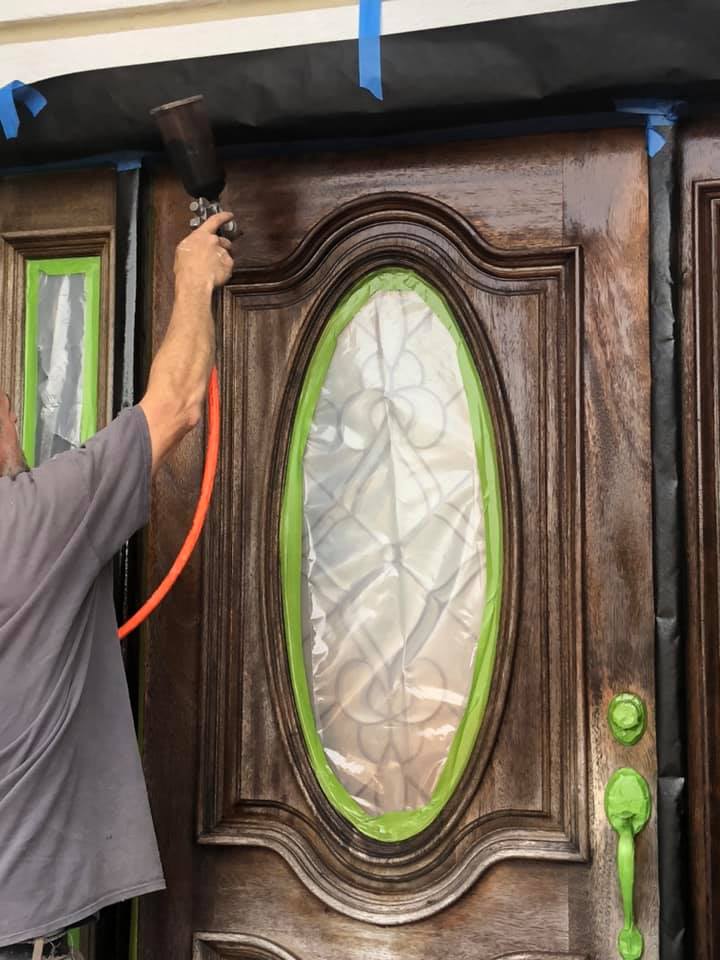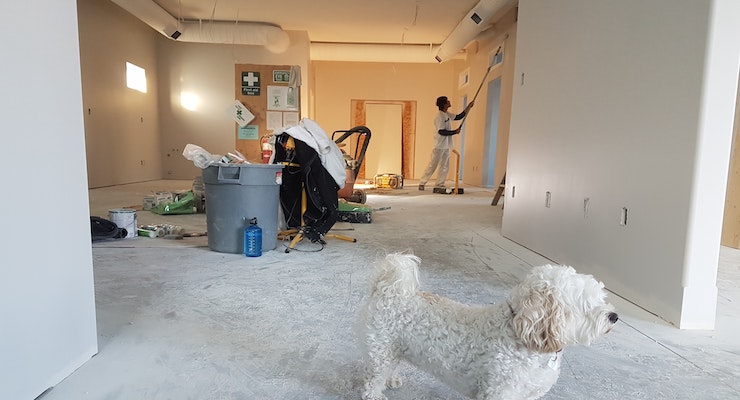
Home improvement projects can be a great way to improve the functionality of your home and add aesthetic appeal. What’s more, they can even add value to your property. In the event of a resale situation, you will most likely want to complete a few smaller-scale home improvement projects in order to make sure that you can get the most for your house when you sell. Otherwise, you might just be looking to make some changes that you have had in mind ever since you moved into your home.
Whatever the reason for your next home improvement project, the first and arguably most important thing that you need to do is make sure that you have drawn up an adequate and accurate budget for the project. Home improvements can get expensive quickly. If you aren’t careful and watching the pennies, you might end up in a situation where you are putting more into your project than you will see back in the increased value of your home. In such cases, you are essentially throwing money into your home that you will never see back again.

Re-staining a weather beaten front entry door!
The best thing you can do, first, is find ways of saving on your home improvement project so that you don’t overspend. By cutting back here and there throughout the project, you can end up with a final result that you love without breaking the bank. Here are a few tips to help you to save money on your next home improvement project.
Shop Smart
One aspect of home improvement that can get out of hand financially speaking if you don’t take care is that of the cost of your materials and equipment. Some smaller projects might require a few cans of paint and brushes while others can involve replacing walls, wiring, or pipes. Such items can add up before you know it.
The key to finding your materials for the right price is to do your research and shop smart. Sometimes buying in bulk can be much cheaper, so estimate the amount of materials you will need early and purchase it all together. Take advantage of things like Home Depot Coupons to help keep your costs down.
Consult an Expert
Another aspect of home improvement that can wind up costing you far more in the long run than you intended is when you make a mistake that you must later go back and fix. Things like electric work, plumbing, and even tiling can be easily messed up when you don’t have the right experience to do such jobs yourself.
In such cases, it is important to know your limits when it comes to DIY. If you have no plumbing experience, now is not the time to open up your bathroom walls and learn on the job. Rather, handle the aspects of your home improvement project that you know you can manage and then hire an expert to take care of the rest. You might think that this will cost you more overall, but the amount you will have to spend to go back and redo something can be devastating to your budget.

Sylvia Browder is CEO of Specialty Home Services LLC, a Home Improvement Company; a Small Business Consultant at Browder Consulting Group, a startup consultancy firm to help women with startup assistance, marketing, website and graphic design work and other support services. In addition, she has co-authored several published books; publisher of ‘Sylvia Browder’s Blog for Women Entrepreneurs’ a lifestyle blog; and publisher of ShopSpendBlack.com Business Directory & Blog platform created to help consumers find black owned businesses in a searchable format. In her spare time, she enjoys spending time with her husband of 30 years; 5 adult children and 5 grandchildren; church; friends and motorcycle riding.
















